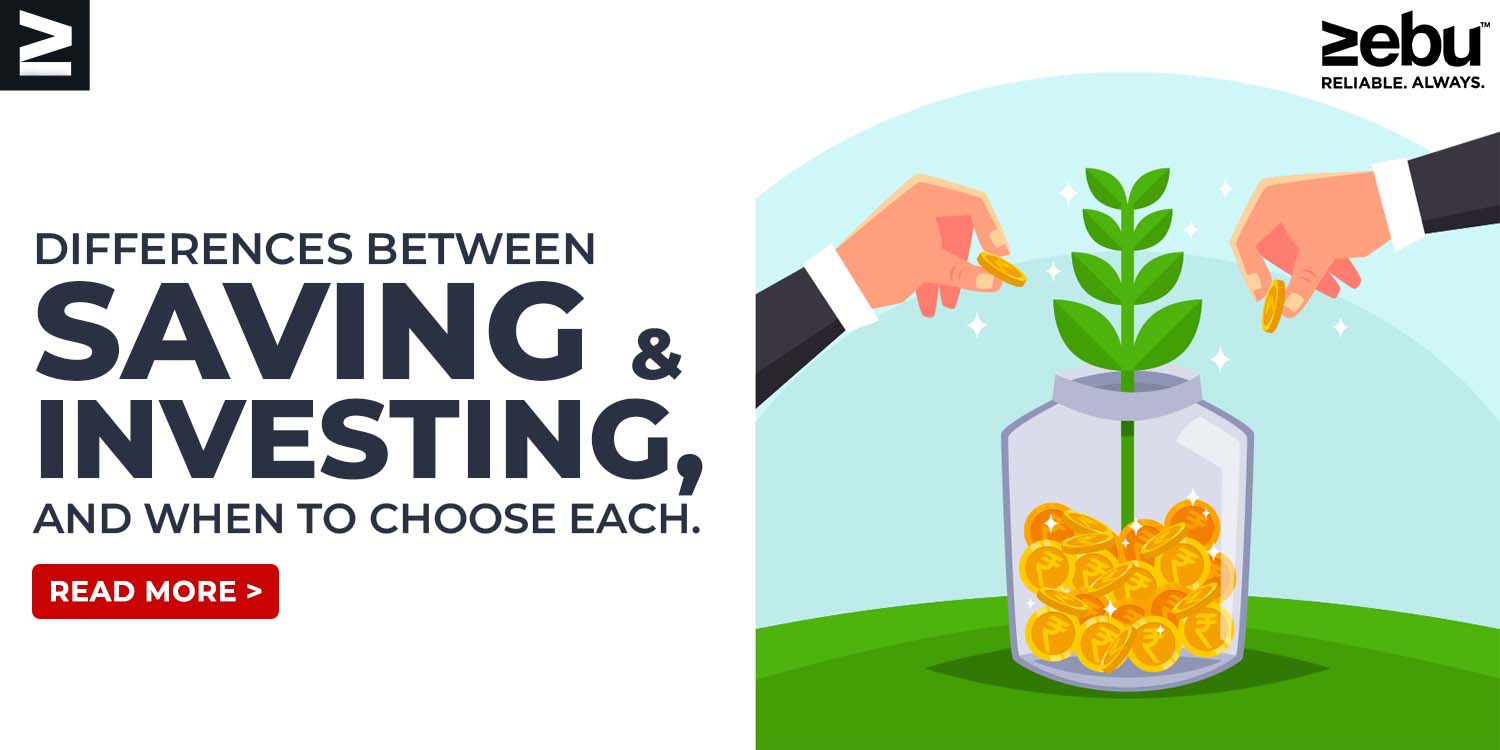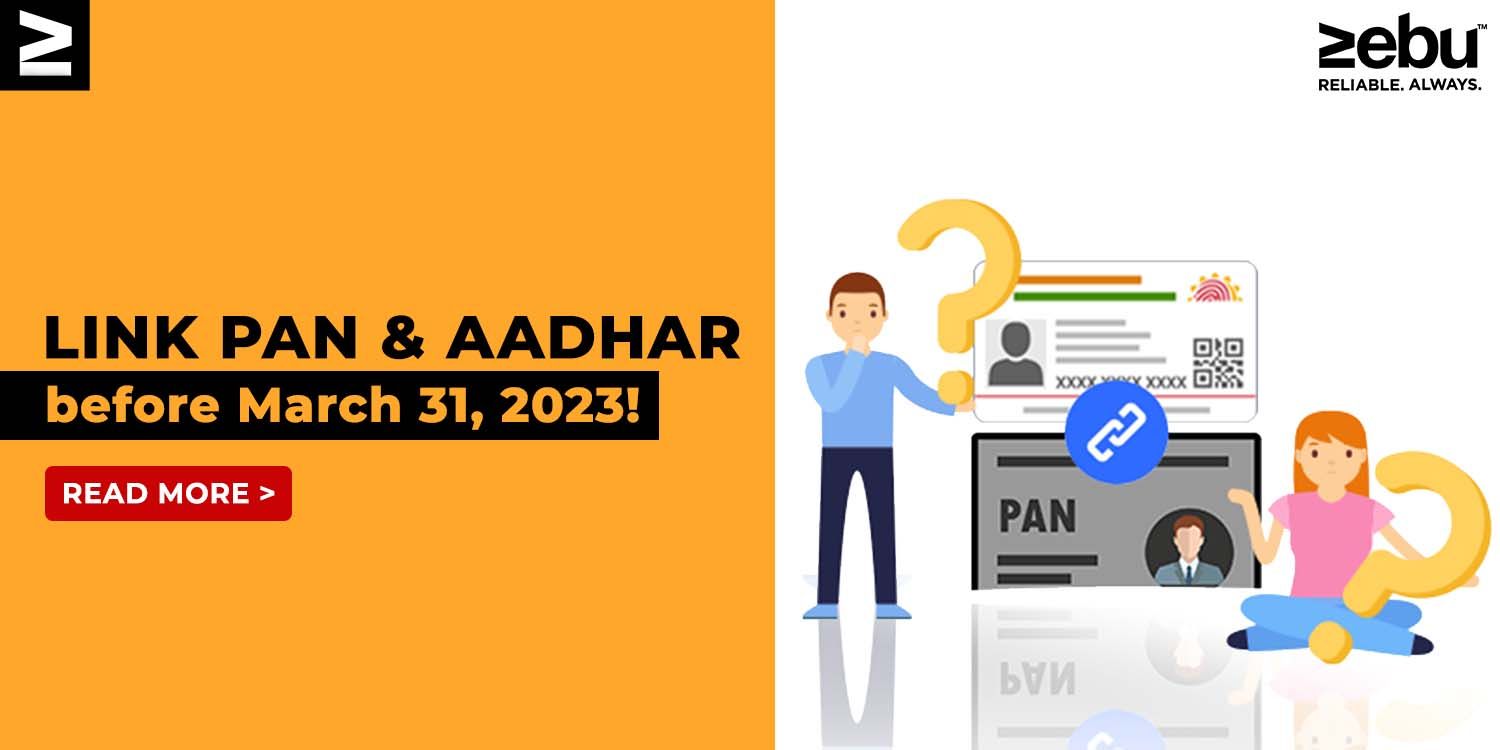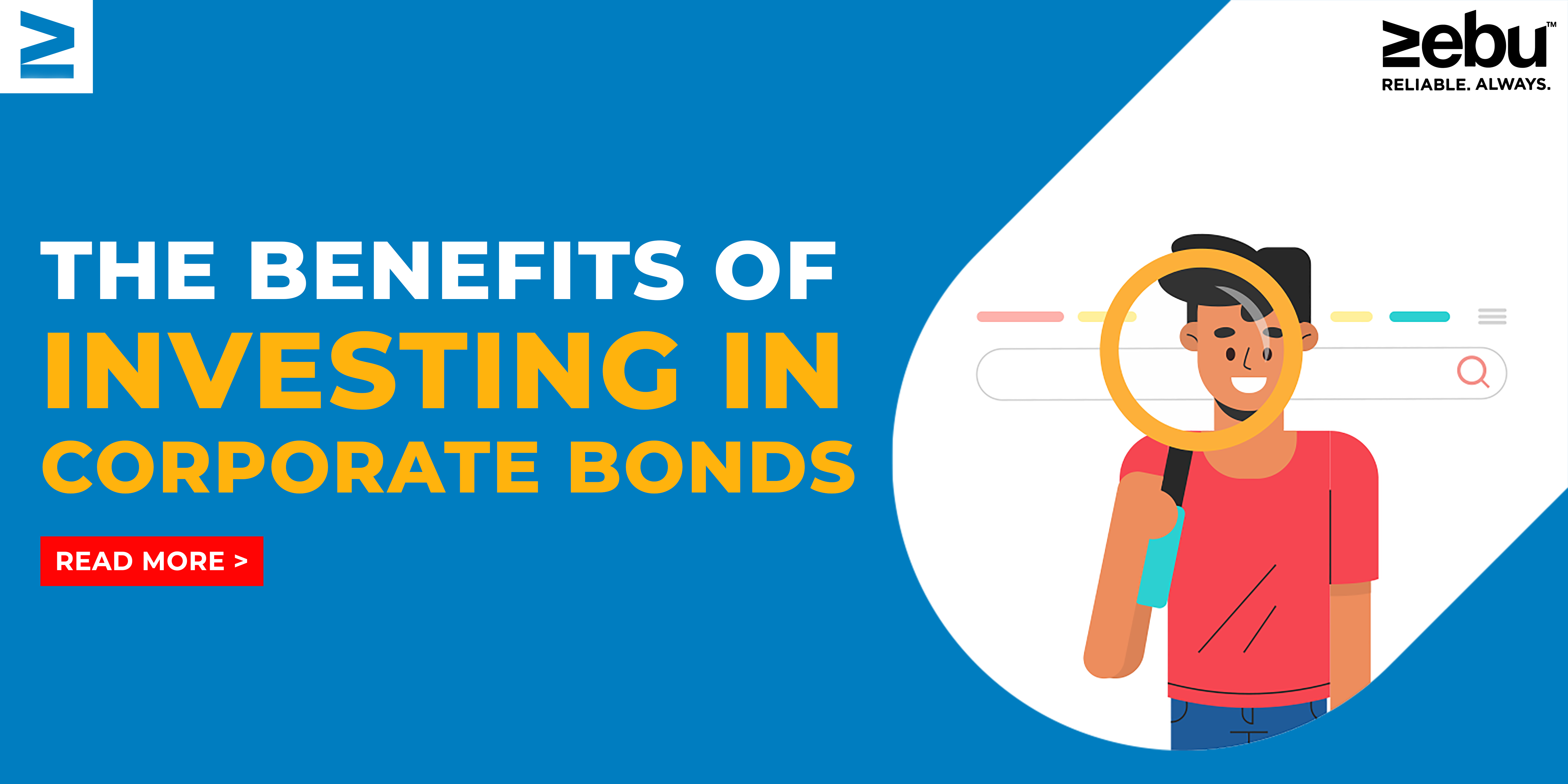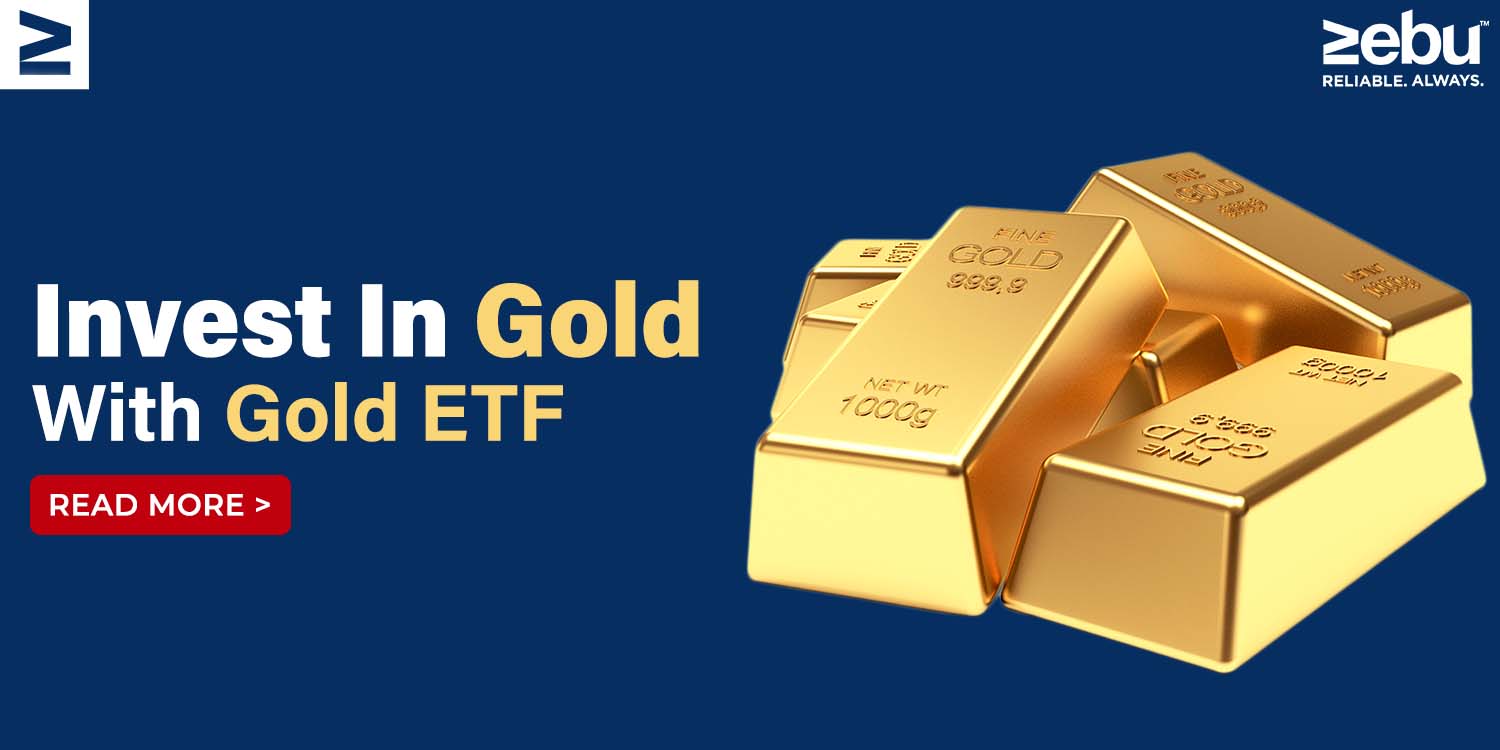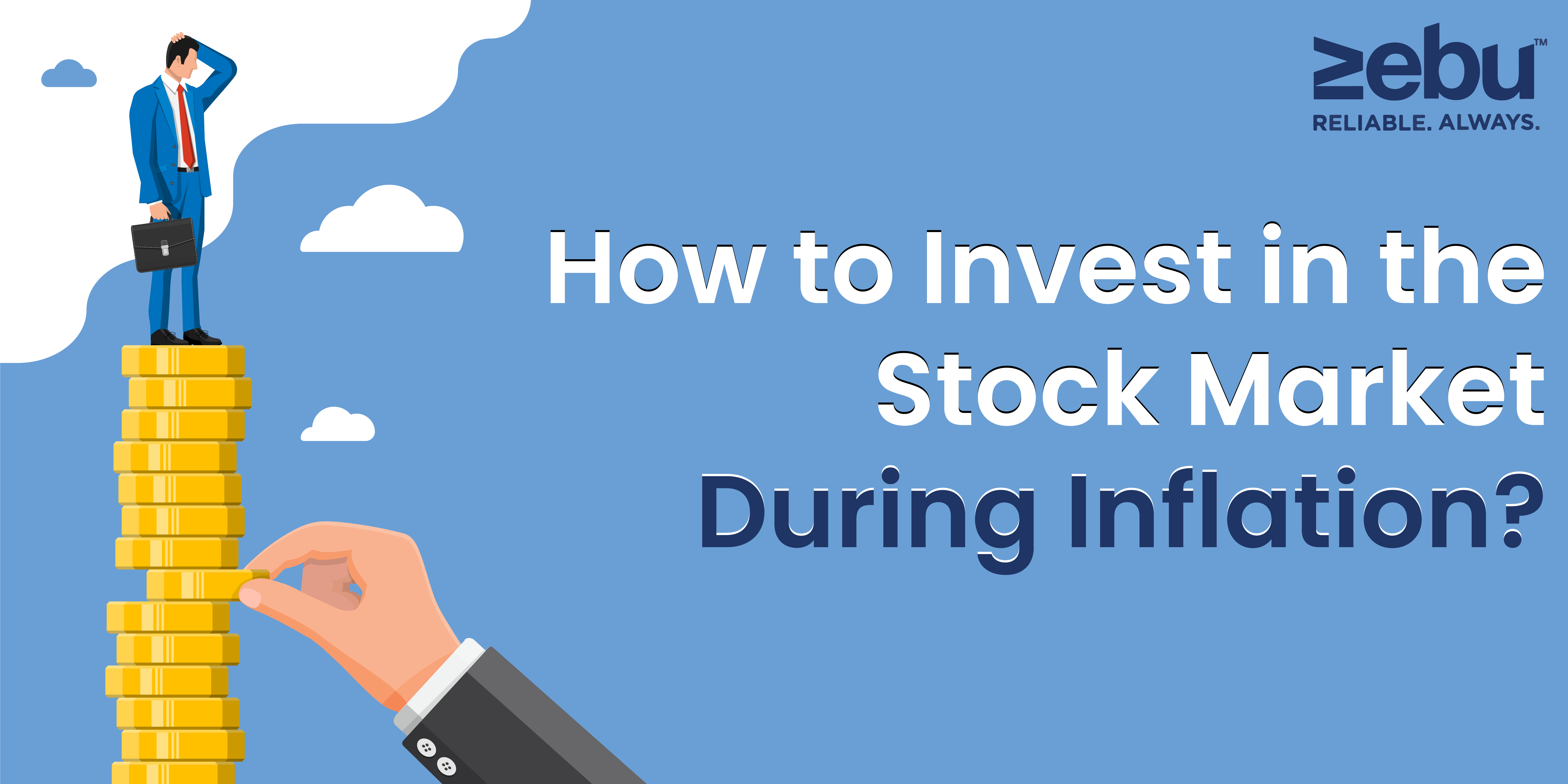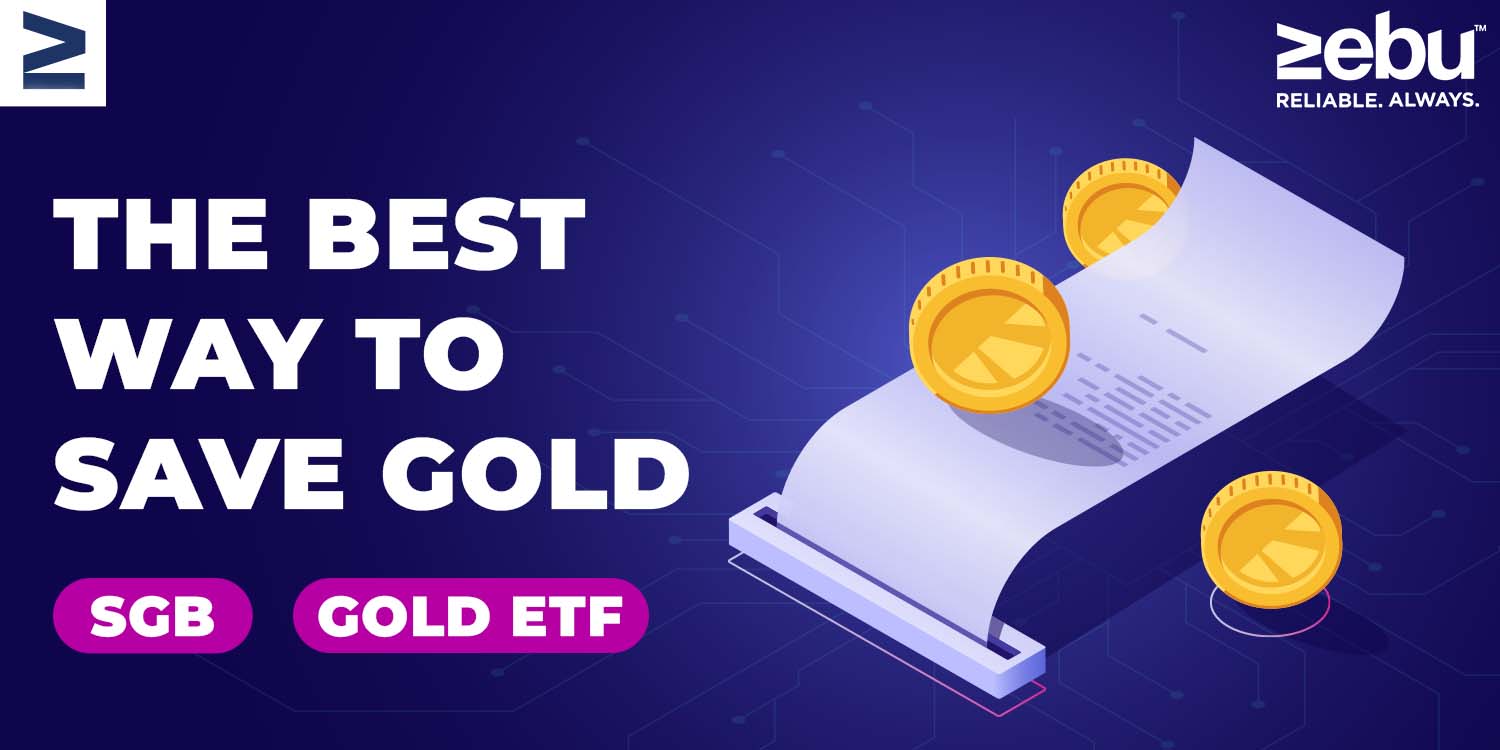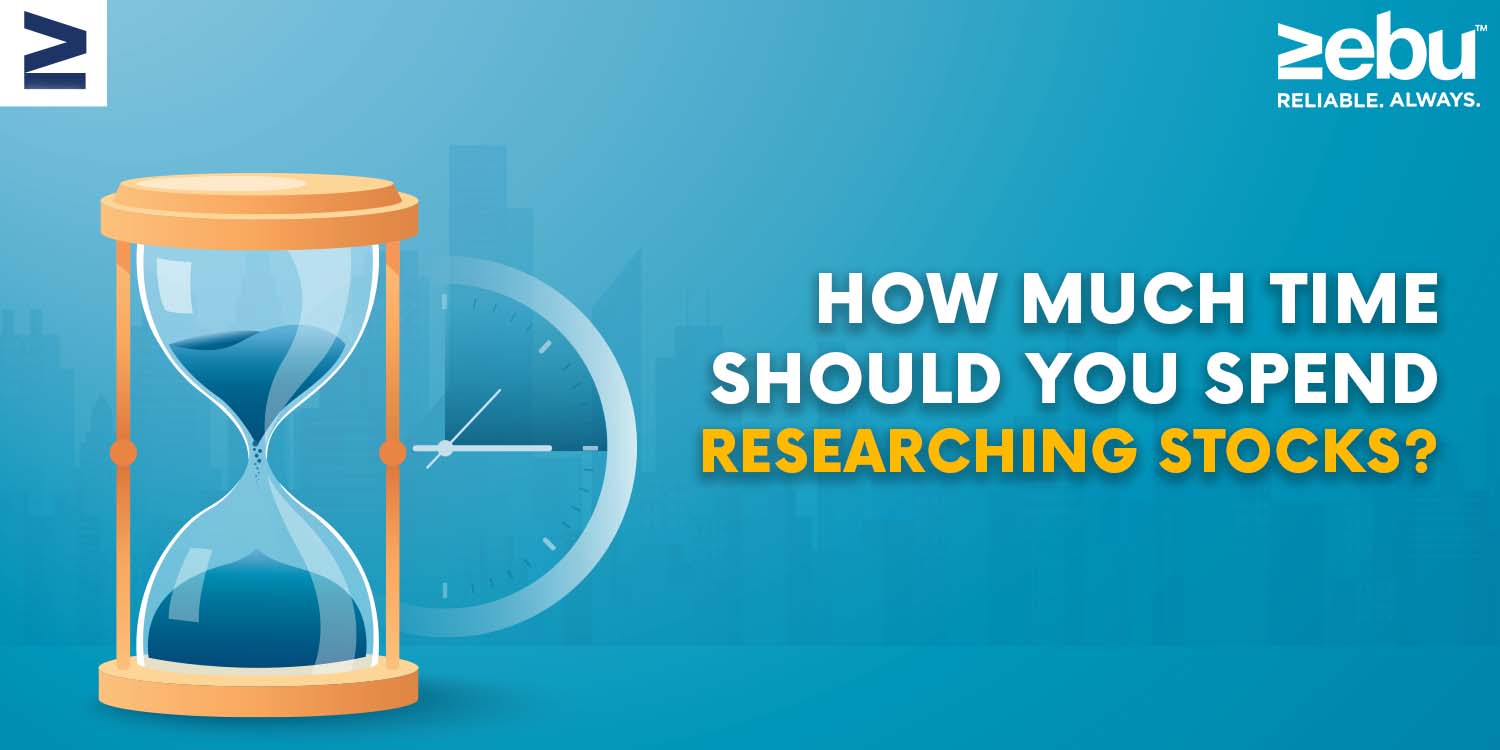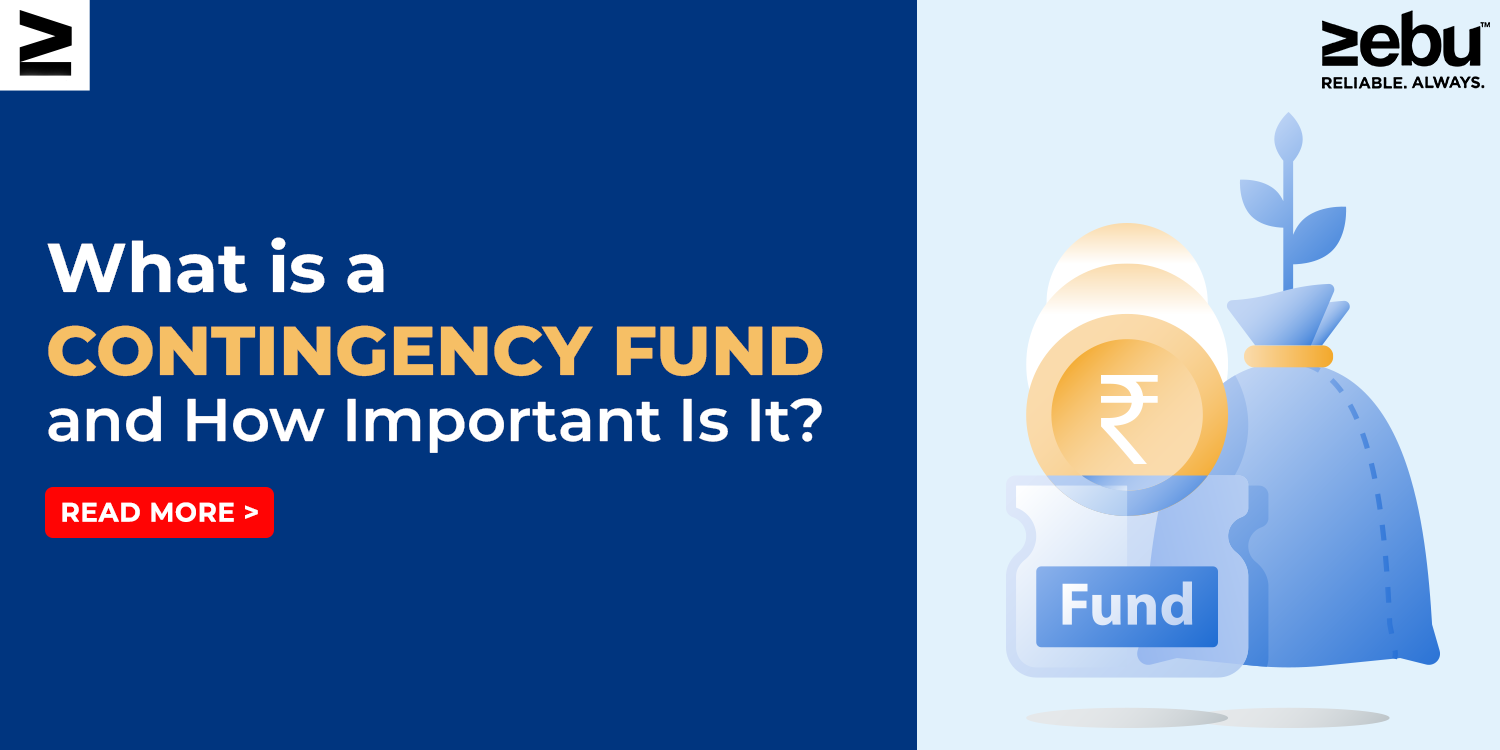
A savings account designated expressly for unforeseen costs or crises is known as a contingency fund. It is a crucial component of personal finance that may offer stability and comfort in the face of unforeseen catastrophes.
Typically, it’s advised to save 3-6 months’ worth of income in a contingency fund. This is because it takes time to change jobs or for a company to recover from a loss. In the case of a job loss, unanticipated medical costs, or other emergency, having 3-6 months of income set up will help you stay afloat financially.
Having a contingency fund can assist avoid the need to incur debt to pay for unforeseen expenditures, which is one of its main advantages. For instance, if you lose your job and don’t have a backup plan, you could have to charge unforeseen costs to your credit card, which might result in high-interest debt. The money in your contingency reserve, on the other hand, may be used to pay for unforeseen costs without putting you in debt.
The peace of mind it may bring is another advantage of having a contingency fund. The anxiety that comes with unforeseen catastrophes might be lessened by knowing that you have a financial safety net.
There are several approaches to creating a contingency fund. One strategy is to save a specific sum of money each pay period by depositing it into a savings account. Setting up automatic transfers from your checking account to your savings account is an additional option. Making ensuring the money is simple to get to in case of an emergency is crucial.
Keeping a contingency fund distinct from other savings or investment accounts is also crucial to remember. This will make it more likely that the funds will be accessible when needed and won’t be spent for non-emergency costs.
In conclusion, having a contingency fund is crucial for maintaining financial security and peace of mind in the event of unforeseen circumstances. A contingency reserve of three to six months’ worth of income is often advised to cover unforeseen costs or crises. Creating a contingency fund might provide you peace of mind and help you avoid going into debt. It’s crucial to set aside some cash from each paycheck and put it into a savings account, or set
Make sure the money is available in case of an emergency and set up automatic transfers from your checking account to your savings account. To ensure that the money is not spent for non-emergency costs and is available when required, it is also crucial to maintain the contingency fund distinct from other savings or investment accounts. Making a contingency fund a priority in your overall financial plan is essential because it can be the difference between a slight inconvenience and a serious financial problem.
